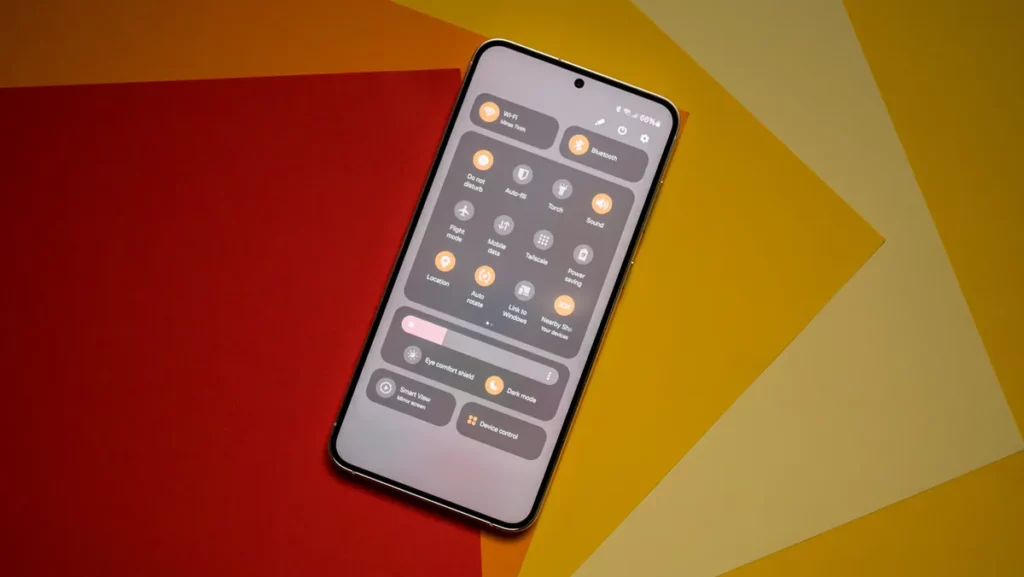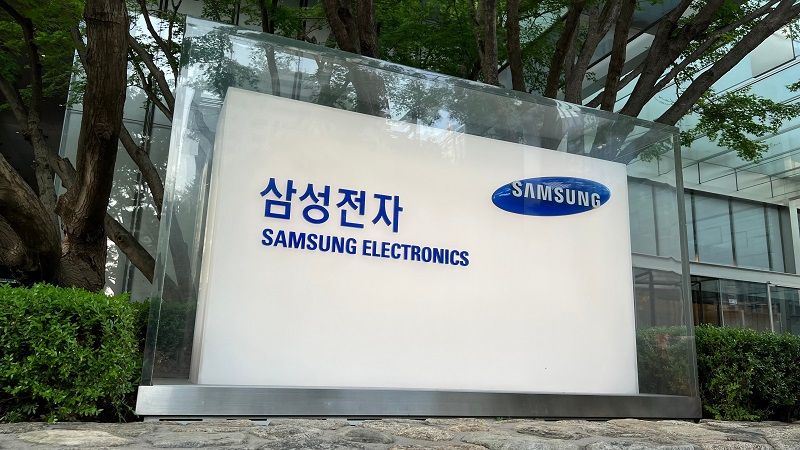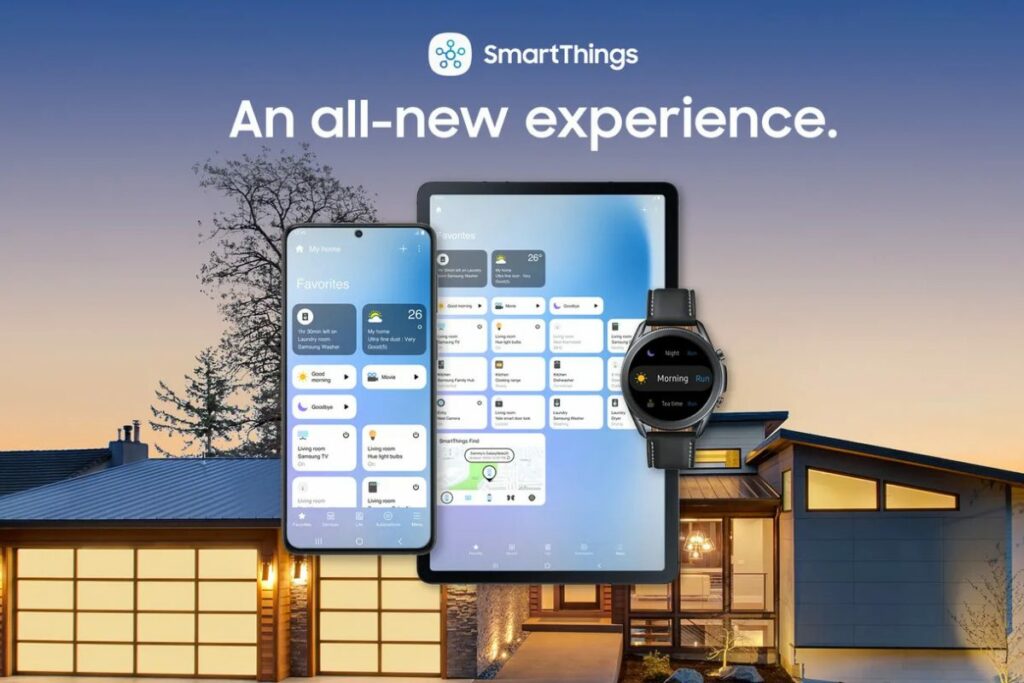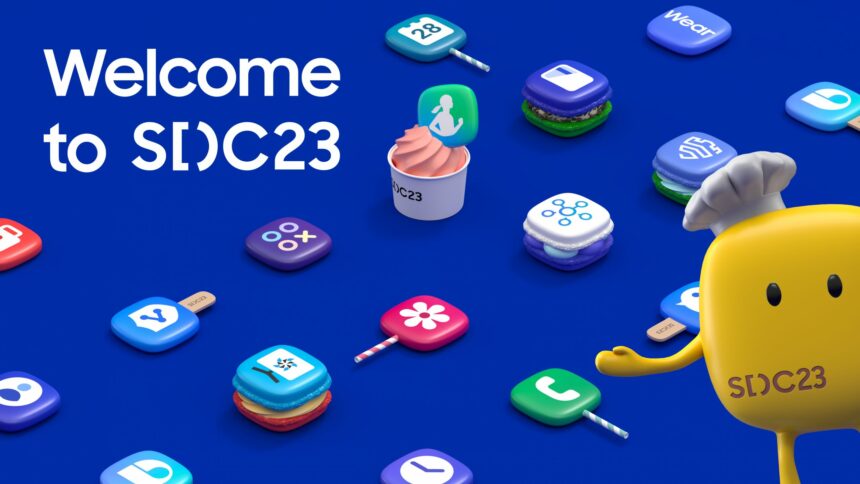One of the most significant revelations at SDC23 was the introduction of One UI 6, Samsung’s latest Android skin, as well as its foray into digital payments, health-related features, and more. At SDC23, the company emphasized its commitment to industry-wide trends, incorporating security and health-related features into its core offerings. With over 500 million Samsung products sold annually and more than 600 million users with Samsung accounts, the company recognized both its achievements and responsibilities.

One UI 6: Elevating the user experience
One of the standout announcements at SDC23 was the unveiling of One UI 6, a testament to Samsung’s commitment to improving software experiences. Built on Android 14, One UI 6 brings several enhancements aimed at improving usability. Some of the key features include:
- Quick Settings Panel: One UI 6 boasts an upgraded Quick Settings panel, making it easier for users to access essential functions swiftly.
- Redesigned App Interfaces: Samsung has reimagined the interfaces of its built-in apps, offering a more intuitive and visually pleasing user experience.
- Gallery Enhancements: The Gallery app now features AI-driven image remastering and correctional features like Photo Remaster and Object Eraser, enhancing the photo-editing experience.
- Media Tools: Samsung Studio video editor and optimizations in the camera app provide users with powerful tools to create and capture content.
- One UI Sans Font: Users now have the option to change the system font to One UI Sans, further personalizing their device.

Samsung Wallet: Digital payment and identity verification
Samsung is venturing into the digital payment and wallet ecosystem, starting with a rollout in two U.S. states, Arizona and Iowa. Residents in these states will have the ability to verify themselves digitally. Samsung’s ambition extends to collaborating with other states to offer the benefits of storing and accessing health and identity information on mobile devices. The company is also testing digital IDs with the U.S. Transportation Security Administration, following in the footsteps of platforms like Apple Wallet and Google Wallet.
Samsung Health: Enabling healthcare innovations
Samsung is reaffirming its commitment to allow third-party developers access to the data collected through the BioActive sensor on Galaxy smartwatches via Samsung Health. The Samsung Privileged Health SDK remains a crucial tool for creating healthcare experiences for Samsung users. This move aims to expand the possibilities for digital health experiences, integrating them with other Samsung offerings such as SmartThings and Samsung Food.

SmartThings: Expanding IoT integration
Samsung’s SmartThings IoT platform has been seamlessly integrated into the Galaxy smartphone ecosystem. This integration not only connects various devices but also features an extended Bixby integration for enhanced user language understanding and context awareness. SmartThings empowers users to control TVs, phones, tablets, home appliances, and more, reducing the limitations associated with traditional remote controls.
Tizen OS: Powering a smarter home
Tizen OS, Samsung’s operating system, is set to expand its reach beyond smartphones. The company plans to integrate Tizen into home appliances with a 7-inch screen, enhancing on-device AI and introducing the Home AI Edge Hub. This technology allows appliances with varying computing power to request AI services from devices with robust computing resources, transforming all devices in the home into intelligent entities.

Conclusion
Samsung’s Samsung Developer Conference 2023 reinforced the company’s commitment to fostering innovation and collaboration with developers. With the introduction of One UI 6, advancements in digital payments, health integration, and the expansion of its ecosystem through SmartThings and Tizen OS, Samsung is positioning itself at the forefront of technology-driven experiences. As Samsung continues to empower developers and users alike, it promises a brighter and more connected future for all.








